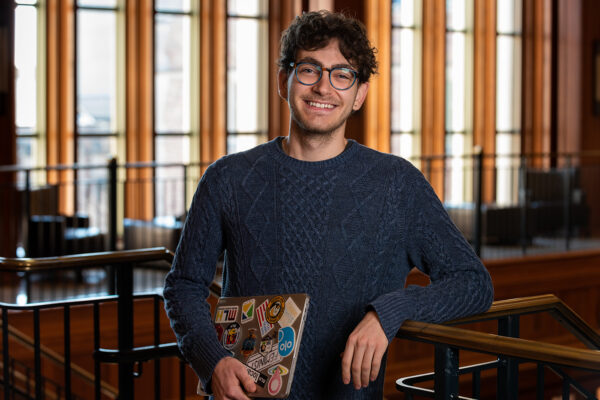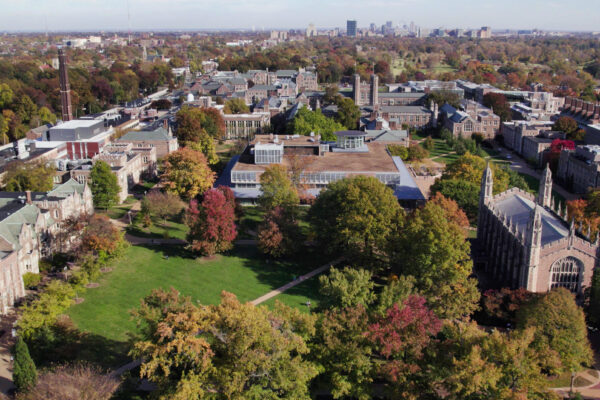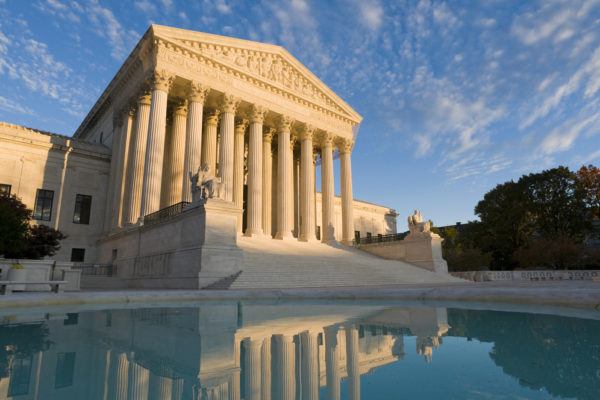Class Acts: David Frankel
David Frankel, who is studying computer science at the McKelvey School of Engineering and women, gender and sexuality studies in Arts & Sciences, is leveraging his studies to create technology that serves the social good. Frankel will be among the 360 students who will participate in the December degree candidate recognition ceremony Dec. 11 at the Athletic Complex.
How do others help us regulate emotions?
Research from the lab of Renee J. Thompson in Arts & Sciences investigates how we reach out to others to help regulate our emotions.
Get to know Sean Armstrong
Asquith S. “Sean” Armstrong joined Washington University in St. Louis as dean of University College on Nov. 1. In this video, he talks about his decision to come to WashU, his background and his commitment to University College and the success of adult learners.
Covey, Milbrandt, Moran named to National Academy of Inventors
Washington University in St. Louis faculty from the School of Medicine and the McKelvey School of Engineering have been elected fellows of the National Academy of Inventors, the highest professional distinction reserved solely for academic inventors.
University announces plans for new Arts & Sciences building
Washington University in St. Louis plans to construct a new state-of-the-art building for Arts & Sciences, the largest school on the Danforth Campus, announced Chancellor Andrew D. Martin. The building and the surrounding landscape will create a new quad at the heart of campus, west of Olin Library and north of Graham Chapel.
Antipsychotic drugs may increase risk of breast cancer
Researchers at Washington University School of Medicine have found that many commonly prescribed antipsychotic medications are associated with a significant increase in risk of breast cancer.
Is privacy dead?
In a new book, “Why Privacy Matters,” one of the world’s leading experts in privacy law, Neil Richards, the Koch Distinguished Professor in Law and co-director of the Cordell Institute for Policy in Medicine & Law, argues privacy is not dead, but up for grabs.
A river runs through it
Rock formations called shut-ins confine a section of a river, forcing water to flow between the steep walls of a canyon or gorge. Shut-ins are found in streams and rivers across the Ozarks. But some of the most outstanding shut-ins in the state are located at Johnson’s Shut-Ins State Park, where Washington University scientists are studying bedrock river erosion.
Search begins for new WUPD chief
Shantay Bolton, executive vice chancellor for administration and chief administrative officer, has appointed a committee to identify candidates for the position of chief of the Washington University Police Department.
Roe v. Wade reflects neutrality that Kavanaugh seeks
During oral arguments Dec. 1, Supreme Court Justice Brett Kavanaugh suggested the court should take a neutral position on the divisive question of abortion. In fact, Roe v. Wade does exactly that, says a School of Law expert on reproductive rights.
View More Stories









